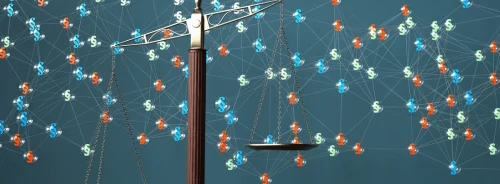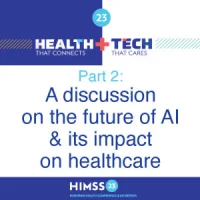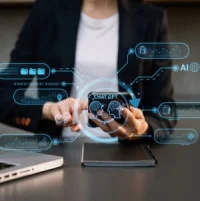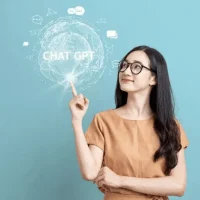At HIMSS this week, Harvey Castro, Emergency Physician, ChatGPT healthcare expert and author of ChatGPT & Healthcare: Unlocking the Potential of Patient Empowerment, talked about how ChatGPT could revolutionise healthcare.
According to a study published in Scientific American, ChatGPT has an IQ of 155. As Dr Castro points out, this means ChatGPT is probably the smartest person we know.
When exploring what is so sexy about ChatGPT, Dr Castro breaks it down into three phases - before seeing the patient, seeing the patient and after the patient.
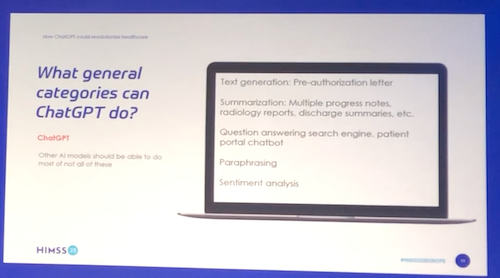
How can ChatGPT help during the pre-visit? It is safe to assume that most patients will use Dr Google to prepare questions before their visit. Why not ask ChatGPT to make those questions?
Similarly, during the visit, Dr Castro envisions a future when a patient asks a question and when the doctor talks gibberish, and the patient does not understand what he said, the doctor puts it into ChatGPT and has the laptop open so both the doctor and the patients can learn. This is important because, as Dr Castro highlights, the average person in the U.S. only gets about 30 minutes a year with the doctor. That's all the education they're getting from an expert. Hence, ChatGPT can be a great tool to educate patients.
For the post-visit phase, he believes there will be better websites and AI models with discharge instructions and a better way of explaining things. Also, Dr Castro explains that the amount of knowledge doctors are supposed to have doubles in 30 days. A powerful tool like ChatGPT can help doctors keep up to date with the information they need.
However, with all these pros, there are also some cons to ChatGPT. Hallucinations are one example. LLMs are not trained in healthcare. They often do a little bit of a lot, and that's not good when it comes to healthcare. Hence, there is a need for doctors and healthcare professionals to correct it. There is also a need for LLMs focused on healthcare.
It is also important to understand that medicine and regulatory laws differ everywhere. For example, a country in West Africa is likely to use ChatGPT differently in healthcare because they need it more than others. Hence, moving forward, some third-world countries may use ChatGPT more progressively than the leaders.
The future of LLMs and, what Dr Castro refers to as artificial intelligence wars, will be interesting. There will be Microsoft's BioGPT, Google Bard, and Elon Musk's TruthGPT, which should keep things interesting. Also, everybody fighting for competition will drive the price down and push innovation.
One of the biggest qualms is that AI will take people's jobs. Dr Castro says it won't. Human creativity and AI together will create a better product. It's going to create something that's going to help patients.
Source: HIMSS23Europe
Slide credit: HIMSS23Europe




